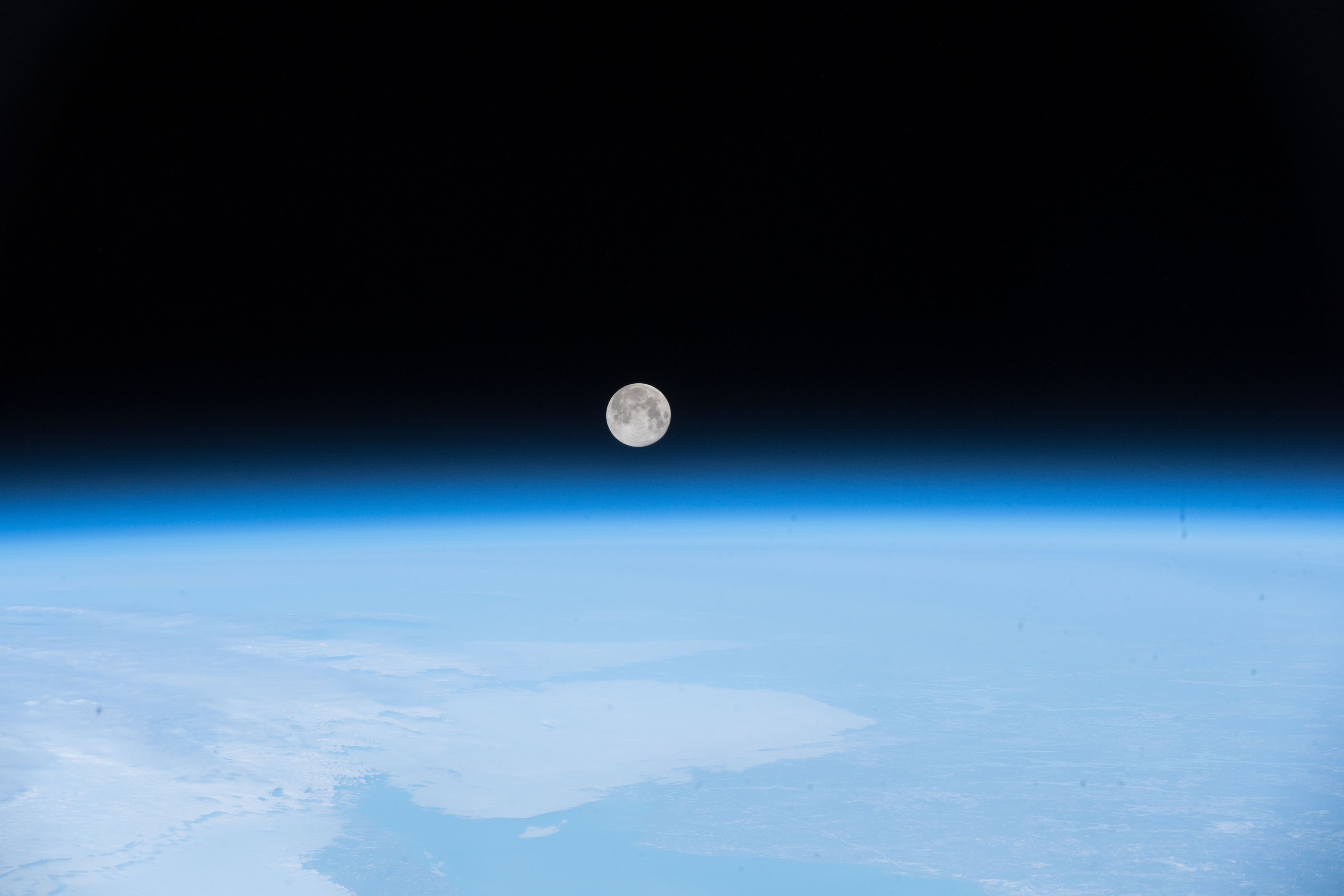Science News Roundup: Violent death of moon Chrysalis may have spawned Saturn's rings; Australian fish fossils get to the heart of vertebrate evolution
Following is a summary of current science news briefs. Violent death of moon Chrysalis may have spawned Saturn's rings Call it the case of the missing moon.

Following is a summary of current science news briefs.
Violent death of moon Chrysalis may have spawned Saturn's rings
Call it the case of the missing moon. Scientists using data obtained by NASA's Cassini spacecraft and computer simulations said on Thursday the destruction of a large moon that strayed too close to Saturn would account both for the birth of the gas giant planet's magnificent rings and its unusual orbital tilt of about 27 degrees.
Australian fish fossils get to the heart of vertebrate evolution
Scientists in Australia have unearthed beautifully preserved fossilized hearts and other internal organs of ancient armored fish in a discovery that provides insight into the evolution of the bodies of vertebrates - including humans. The researchers on Thursday described the heart, the organ that pumps blood through the body's circulatory system, in fish called placoderms that inhabited a tropical reef about 380 million years ago during the Devonian Period. The fossils were 250 million years older than any previously known fish heart.
(With inputs from agencies.)
- READ MORE ON:
- Australian
- NASA
- Saturn
- Australia
ALSO READ
Virat Kohli's Resilience: Love for Cricket Overcomes Australian Setback
Oscar Piastri's Homecoming: The Elusive Victory at the Australian Grand Prix
Lando Norris Clinches First Australian GP in Thrilling Wet Race
Lando Norris Triumphs in Chaotic Australian GP
Lando Norris Triumphs in Rain-Soaked Australian GP










